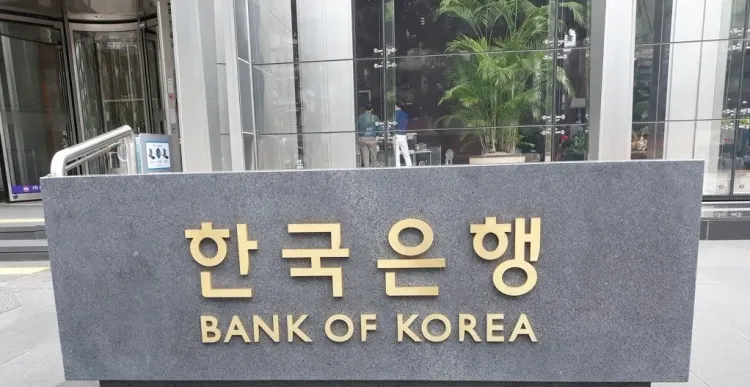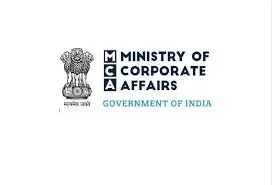Economists Predict Slower Growth for South Korea's Economy in 2025

Synopsis
Key Takeaways
- Projected growth of 1.6% in 2025.
- 64% predict prolonged economic stagnation.
- 83% believe US trade policies will negatively impact South Korea.
- Call for labor market reforms to boost competitiveness.
- Previous year saw weakened growth due to various factors.
Seoul, Feb 2 (NationPress) Economists in South Korea project that the nation's economy will experience growth at a rate lower than the government's expectations for this year, as revealed by a recent survey conducted on Sunday.
According to a poll of 100 economics professors from local universities by the Global Research Group, the consensus indicates the economy is likely to grow by 1.6 percent in 2025, as reported by the Korea Enterprises Federation (KEF).
This forecast is below the finance ministry's earlier prediction of 1.8 percent, as highlighted by Yonhap news agency.
The survey also indicated that 64 percent of respondents foresee a period of stagnation in economic growth for the near future.
None of the economists anticipated a growth rate exceeding the government's estimate, while 35 percent predicted a temporary decline followed by gradual recovery.
When asked about the implications of policy changes under the Donald Trump administration in the U.S., 83 percent expressed that Trump's protectionist trade measures would adversely affect the South Korean economy, which heavily relies on exports.
Moreover, over 90 percent of the economists advocated for reforms in the labor market and regulatory frameworks to enhance the global competitiveness of domestic businesses and stimulate economic growth, according to the KEF.
The South Korean economy recorded weaker-than-anticipated growth last year due to declining export growth, reduced domestic demand, and a political crisis, according to data from the central bank released on Thursday.
The economic growth rate for the fourth quarter significantly lagged behind the initial projections made by the Bank of Korea (BOK), as political unrest following President Yoon Suk Yeol's unexpected martial law declaration adversely impacted private spending and investment, as noted by the central bank.
The nation's real gross domestic product (GDP) — a crucial indicator of economic performance — saw a 2 percent increase in 2024, based on preliminary data from the BOK.
This growth rate for 2024 fell short of the BOK's forecast of a 2.2 percent increase, though it represented an acceleration from the 1.4 percent growth recorded in 2023.
The growth in the previous year was primarily driven by exports, which surged by 6.9 percent year-on-year, compared to a 3.5 percent increase in 2023.










